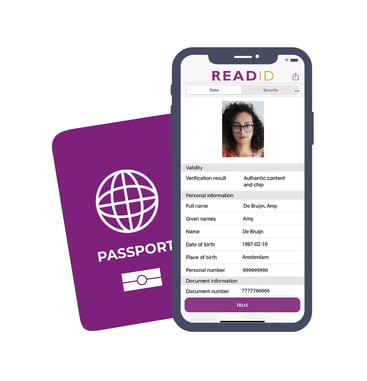First published: May 3, 2018
Last updated: May 26, 2025
Most ePassports and similar documents implement a cloning detection security mechanism that allows you to see if a scanned ePassport has the original or a copied chip. There are actually two security mechanisms for cloning detection: Active Authentication and Chip Authentication. More details on the working and differences can be found in a previous blog post on an overview of how cloning detection works.
We often get questions about which identity document implements what cloning detection mechanisms. In this blog post we share what we’ve learned over the years.
First, it is important to understand countries have different types of chipped identity documents. A country will typically have different types of chipped documents (e.g., ePassports and ID cards), and different generations of each type in circulation at one point in time. What, if any, cloning detection mechanisms are implemented can differ per generation. For example, UK passports only began using cloning detection in 2016. We thus cannot state if passports from a certain country support cloning detection or not, as this also depends on the generation of document.
The below map shows what percentage of identity documents from different countries we saw with cloning detection (Active Authentication and/or Chip Detection) in our anonymous logging data.

The grey countries do not currently have ePassports.
As the maps shows, cloning detection is quite common. Two notable exceptions are
- The United States – who appear not to have cloning detection at all.
- The United Kingdom – with 76% cloning detection in our dataset. This will increase over time as all the passports without clone detection will expire in the next few years.
How did we plot the above maps?
The maps above were generated using data from ReadID Analytics that was collected until 26 May, 2025.
To avoid confusion, the above does not indicate penetration of chipped ID documents in a country, that would be a very different blog post. The map above is provided as the best effort, i.e., Inverid cannot guarantee its correctness. If you spot a mistake, we appreciate it if you let us know via readid@inverid.com or use our contact form.










